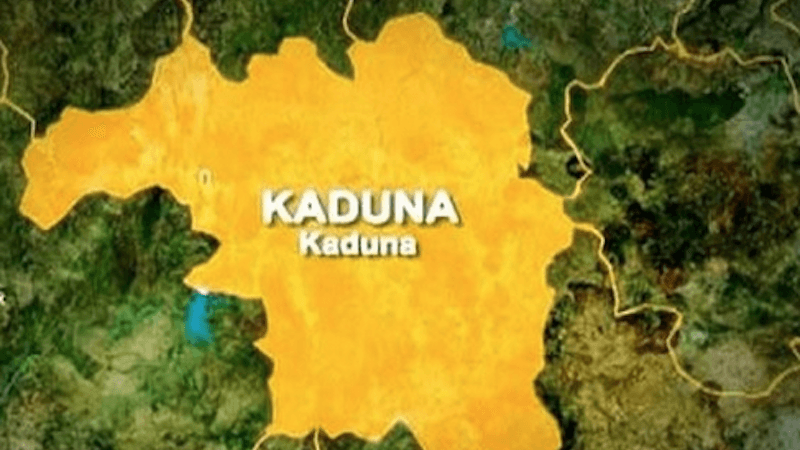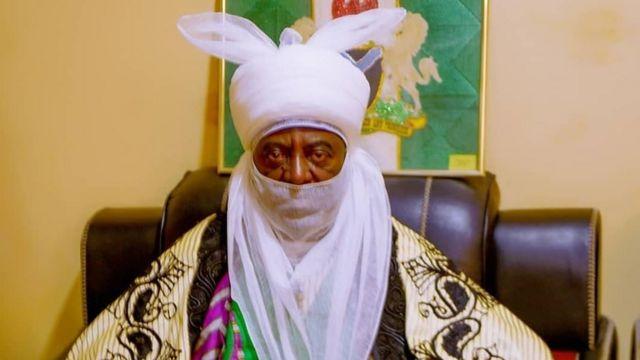Children detained without criminal offence should be released
The recent allegation that the Nigerian military confined and abused thousands of children who had fled from their Boko Haram captors was both awful and shocking. The said abuse, according to the United States-based Human Rights Watch (HRW), took place between January 2013 and March 2019. Nigerian soldiers were alleged to have detained over 3,600 children, including 1,617 girls, for suspected link with Boko Haram. The inhuman treatment is thwarting the goal of protecting and de-radicalising these young people and is now reportedly breeding resentment.
In response, the military authorities have dismissed the 56-page report as false. In the rebuttal made by the Acting Director Defence Information (DDI), Col Onyema Nwachukwu, the military said that only profiled terrorists belonging to the Islamic State for West Africa Province (ISWAP) and Boko Haram were held in its detention facilities and not children. “Apprehended children are kept in secured places, where they are adequately fed, profiled and de-radicalised before their release,” Nwachukwu said, adding, “the children are provided with regular feeding, clothing, requisite medical attention, in-house spiritual and educational tutoring and other welfare needs.”
The military said troops arrested some of the children while attempting to detonate and provide subterranean support for insurgents as mole that gather intelligence on troops’ movement and deployments. It added that terror suspects were held in detention facilities pending prosecution since the armed forces was not vested with the power of prosecution. It also added that apprehended children were kept in secure places where they were fed, profiled and de-radicalised before being released.
However, the accounts by some former children detained in military facilities in the north-east seem to corroborate the human rights body. The victims, particularly women, alleged being subjected to serious forms of abuse by guards in the camp. They also described the environment where they were held as unsuitable for human habitation as they were made to sleep in crowded, hot rooms without bedding or mosquito nets.
Most of the allegations in the HRW report have also been confirmed by a story in Washington Post where seven children, held in some of these military facilities in Borno State, described the abuses to which they were subjected. Some of them alleged spending close to 15 months in military custody before being released to internally displaced persons (IDP) camp in Maiduguri last year. They also gave account of how no fewer than 200 people were crammed into one expansive room filled with human waste. Some alleged inability to eat as a result of seeing maggots crawling in their soup.
We are not unmindful of the challenge faced by the military as it battles attempts by the ISIS remnants. In the face of pushback from its present areas of operations, the extremist group is looking for territories where it could establish a base to further carry out its dastardly international terror. The militant group with perhaps the most brutal version of Islamic rule must not be allowed to gain a foothold in Nigeria or anywhere on the continent littered with angry millions of youths bereft of opportunities. But fighting ISIS or their affiliates should not be an excuse to subject innocent children to brutalities.
The scale of the abuse reported by HRW is both disturbing and unhelpful. It can engender poor relations between the military and the local population and by extension compromise the effort to battle insurgency in the north-east where thousands of Nigerians have been killed and more than two million people displaced. We call on the military authority to respect the rights of their suspects, especially women and children. We also implore that those detained without any criminal offence should be released.





